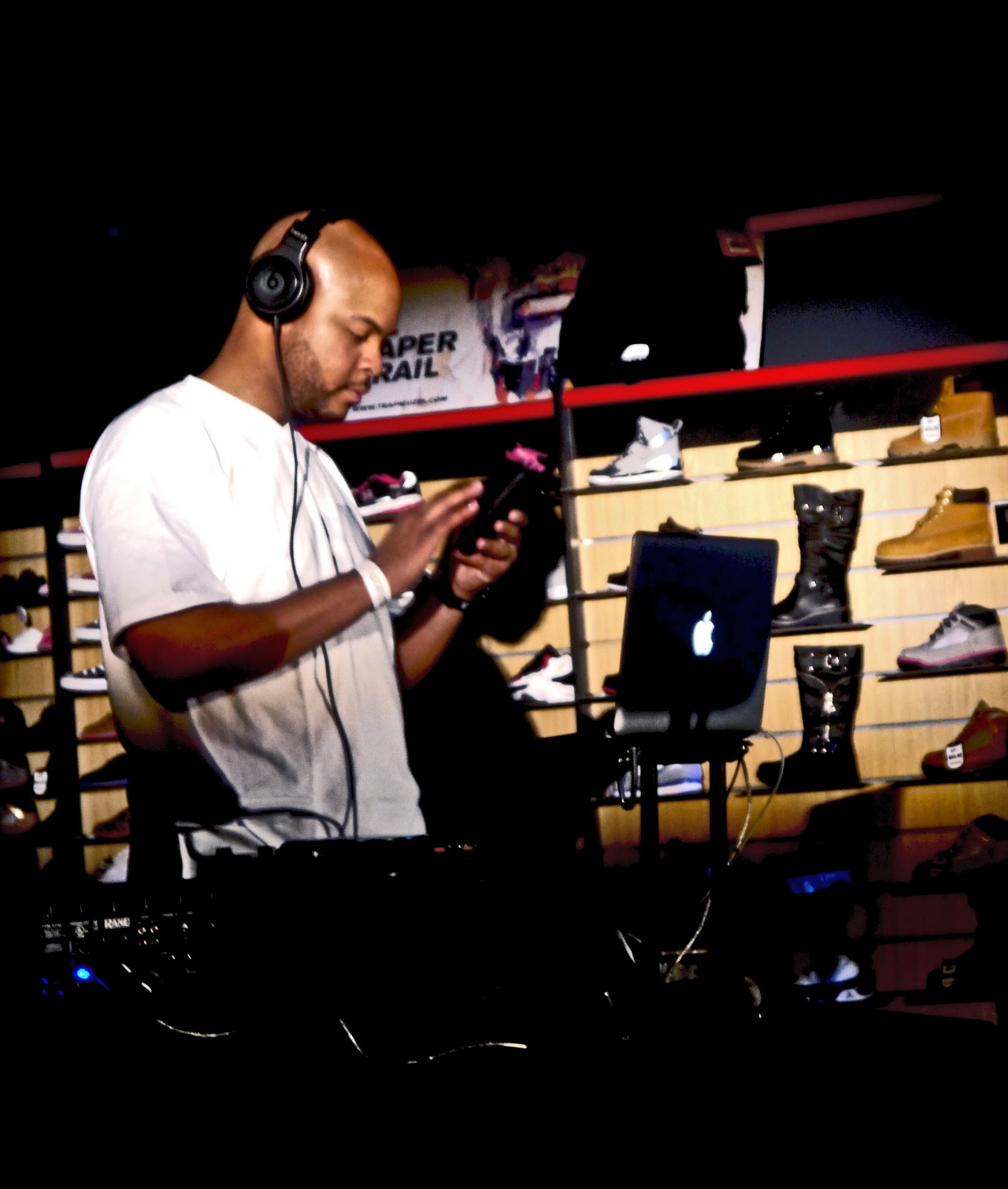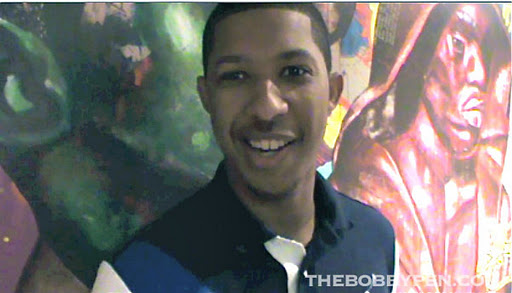KRS-One on Hip-Hop Scholarship through Museum Partnerships [VIDEO]
Rapper and founding father of Hip-Hop, KRS-One joins @BobbyPen in Houston, Tx. for an interview ahead of his performance at Bar 5015’s Legend’s Only showcase.
KRS-One, also known as “Teacha,” discussed his role in forming a partnership between the National Hip-Hop Museum and Temple of Hip-Hop.
Watch the full interview
He explained the partnership this way: “The Temple of Hip-Hop is about education, culture, heritage– that kind of thing. Even the spirituality of Hip-Hop. Whereas the National Hip-Hop Museum is about the collecting of objects. The telling of stories through objects and events. We don’t do that work, and they don’t do the spiritual work. So we came together to form a partnership to alert Hip-Hop about where they should be going in their scholarship.”
Hip-Hop Museum Contribution
KRS-ONE and Temple of Hip-Hop will present The National Hip Hop Museum with The Hip Hop Declaration of Peace during the ceremony which will be held on April 4 at D.C.’s RIAA Headquarters.
The Declaration, presented to the United Nations Organization on May 16, 2001, is comprised of 18 principles to guide Hip Hop lovers and creators on how to sustain the peaceful character of Hip Hop Culture.
He also mentioned that he might donate his iconic Boogie Down Productions leather jacket from the “Jack of Spades” music video to the museum. You’ll have to stop by to see.
Elders Must Teach the Children
In recent years, contemporary rappers have been vocal in interviews about not being familiar with the artists who have come before them, such as TI’s son King not knowing that Will Smith was the first rapper to win a Grammy or Atlanta rapper Kali claiming to have never heard Ludacris’ “Area Codes” despite borrowing the lyrics for her track by the same name.
When asked about this, KRS-One placed the blame on the elders for not educating the youth. “If the student doesn’t know something, it’s the fault of the teacher,” he said. “Too many elders are frontin’ on our children and this is always the case. Elders have the money, the resources, the education– it’s our fault.”
His legacy in Hip-Hop is cemented, but his work continues through collaboration and education of fans and artists of today, and those to come– living up to the name “Techa.”


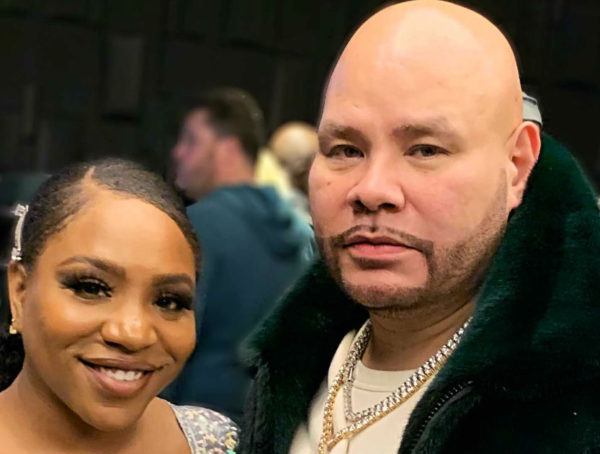
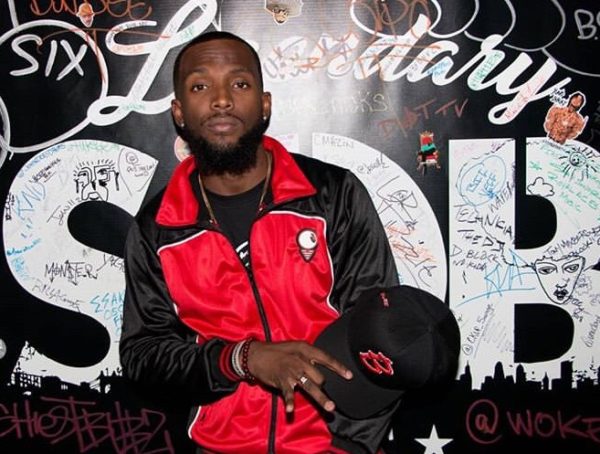
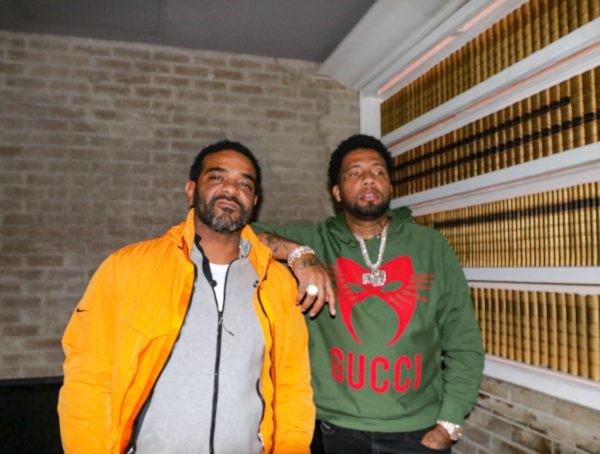



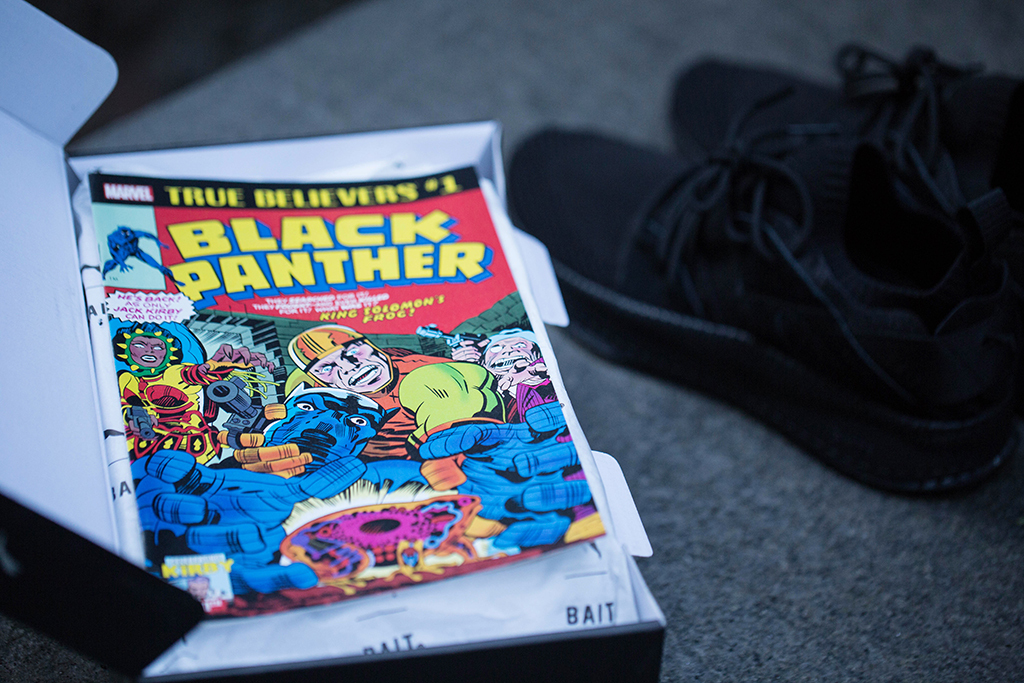

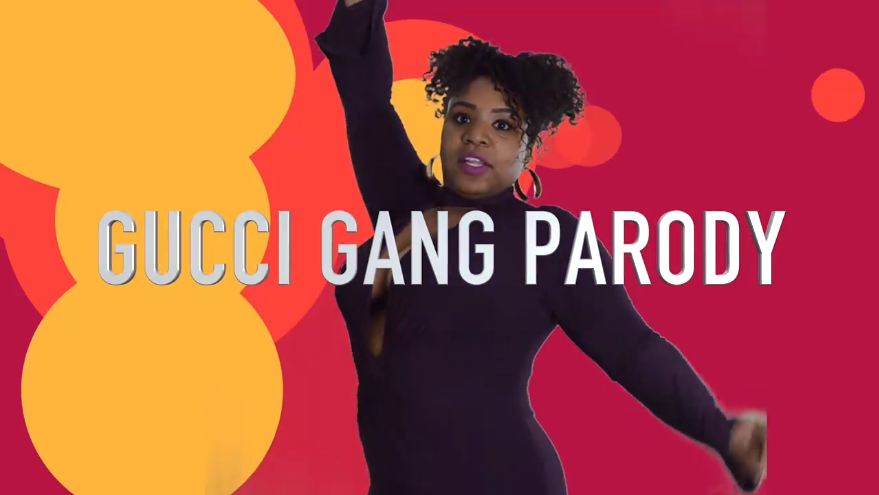
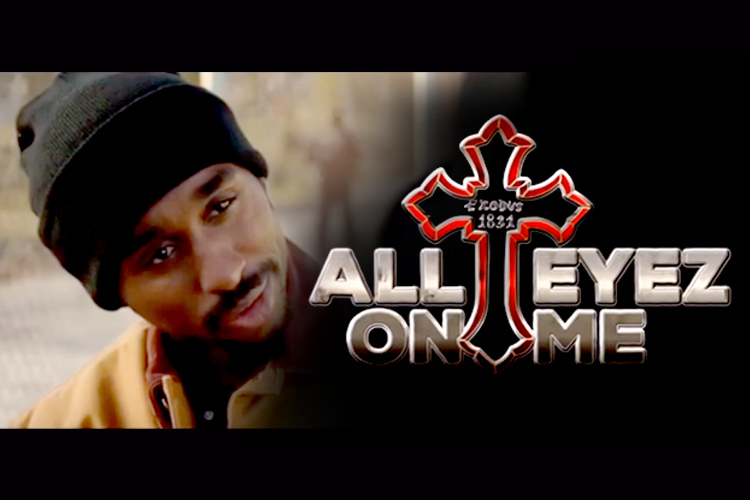






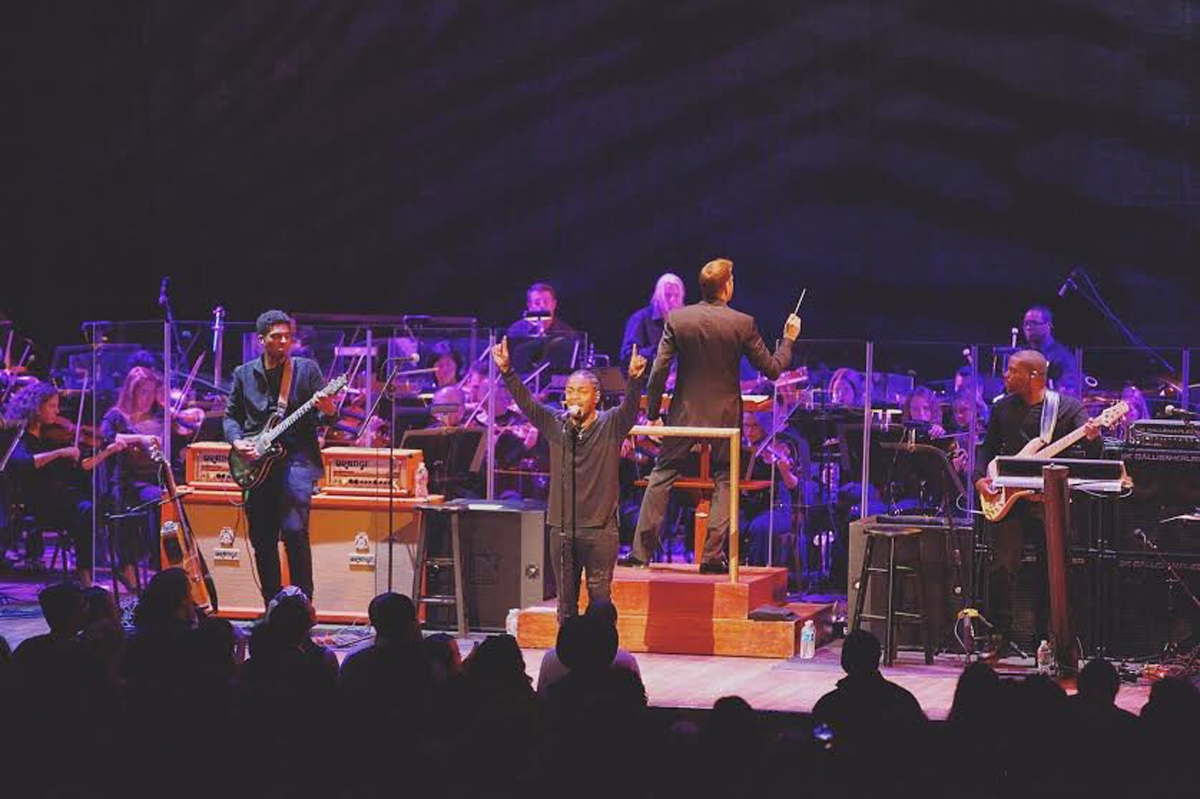

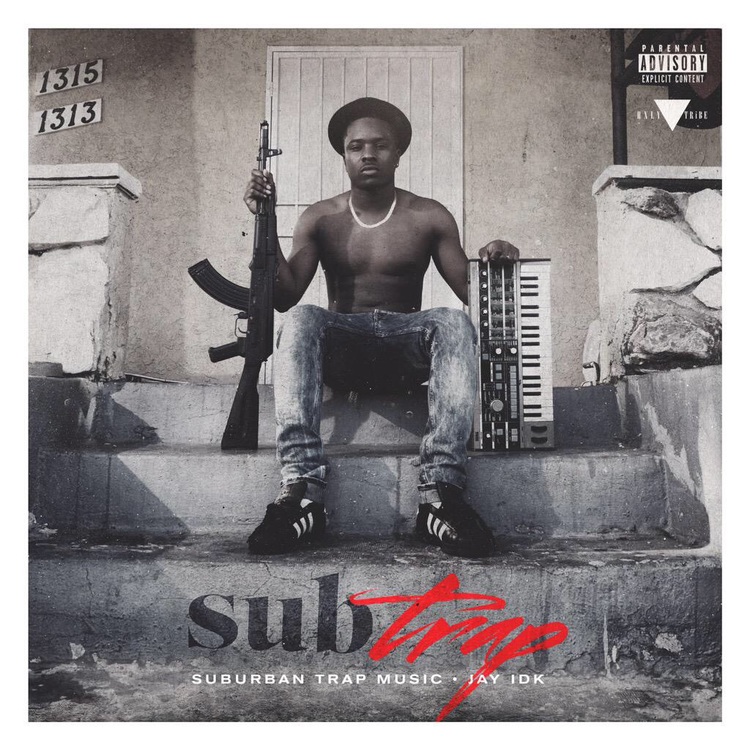
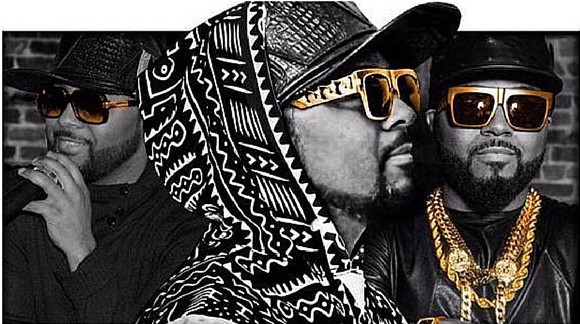


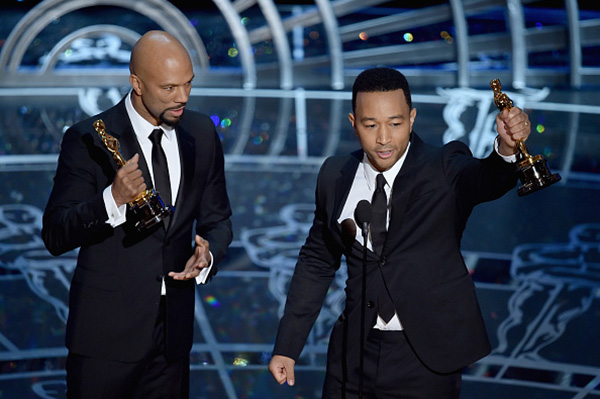
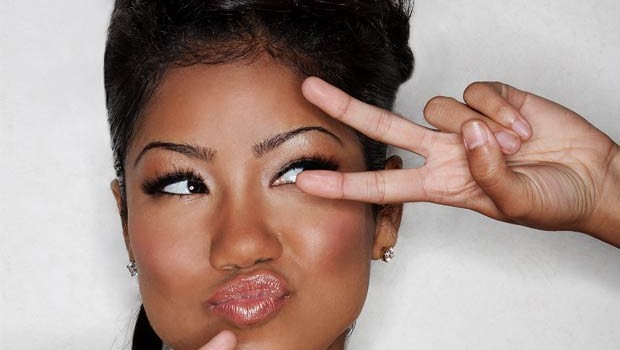
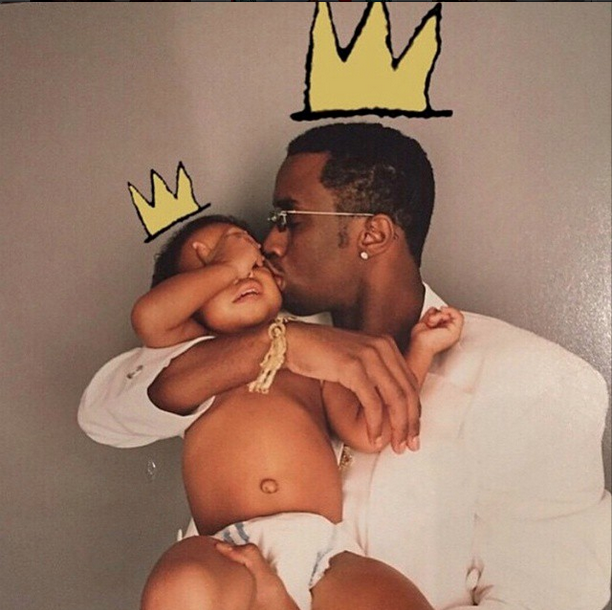
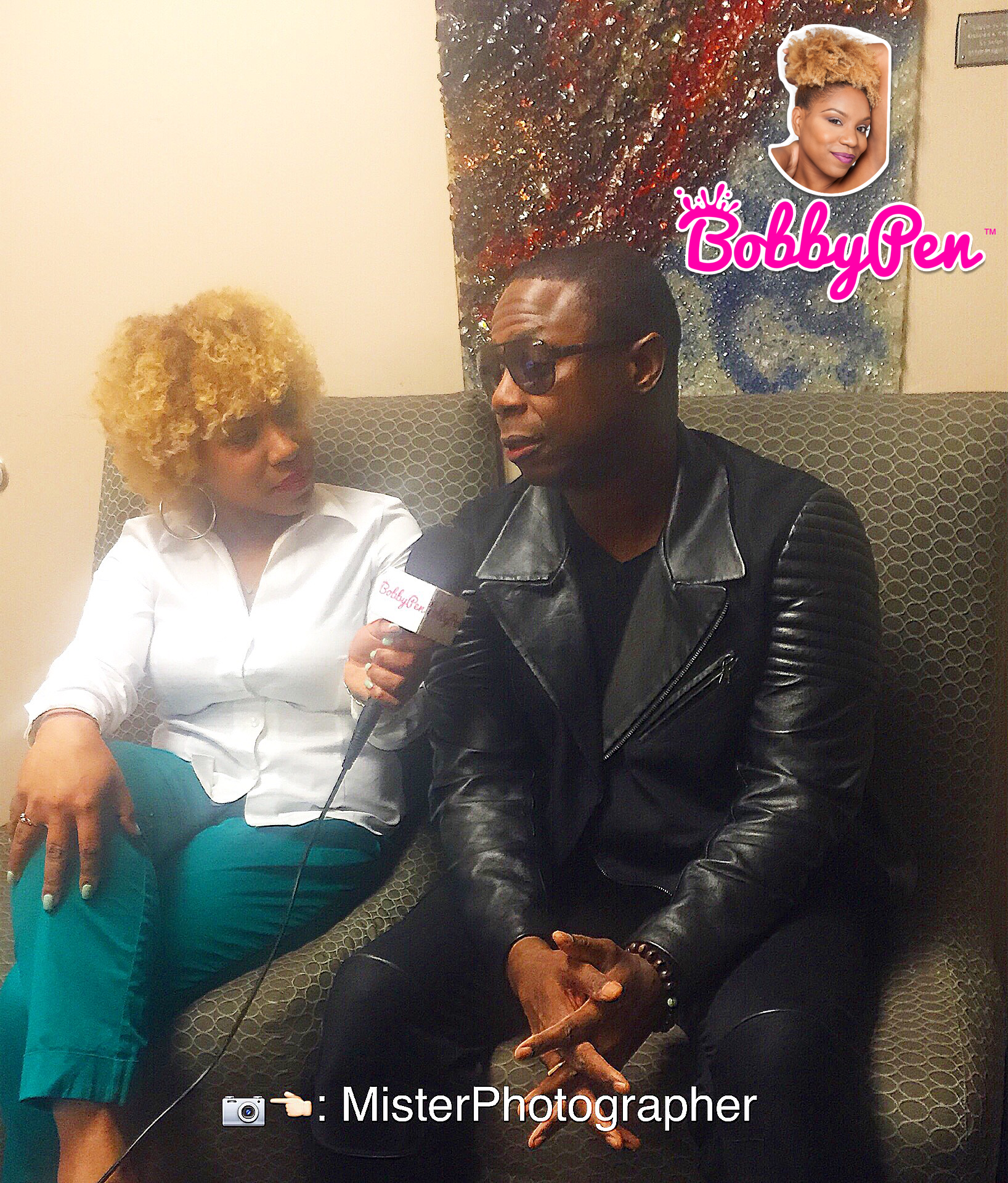

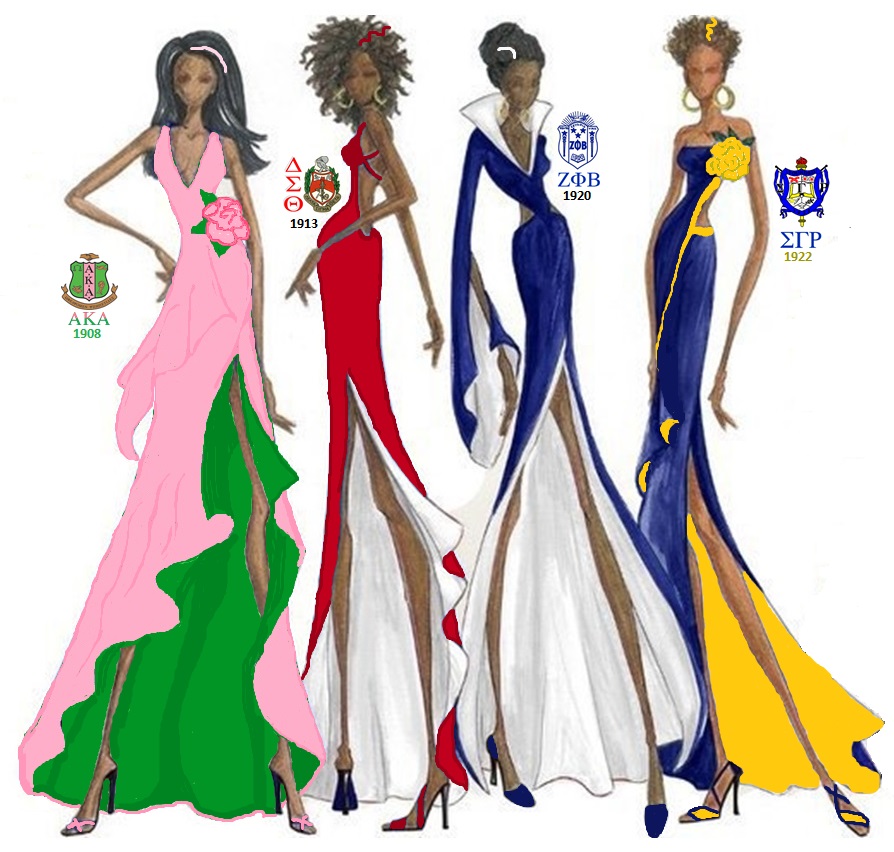
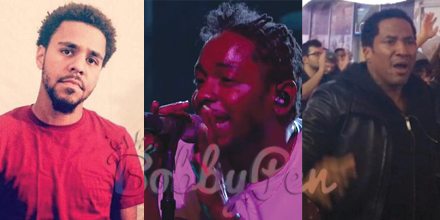


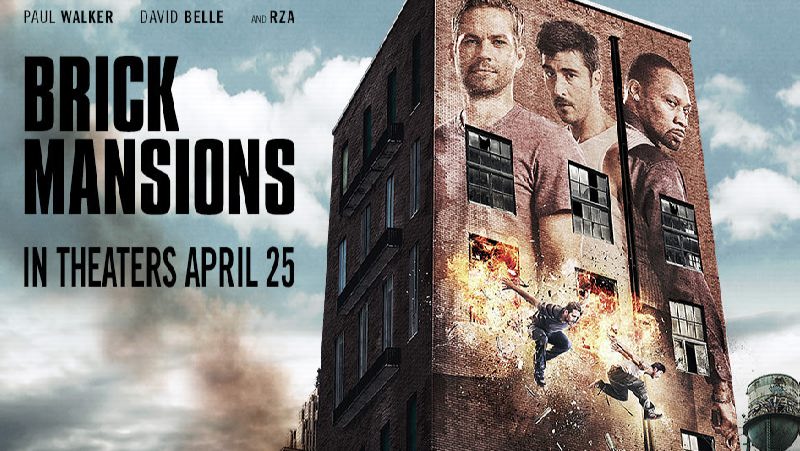
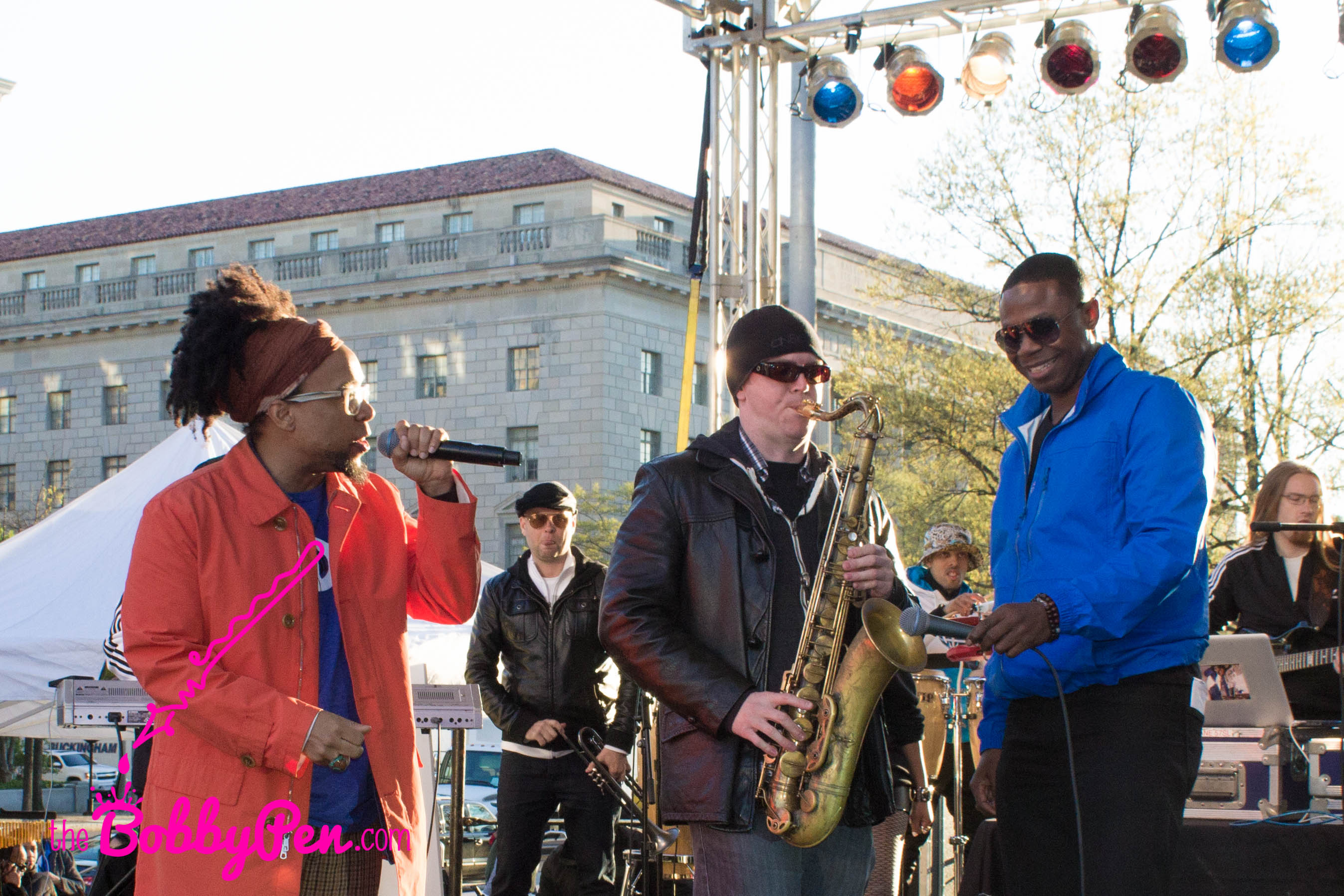





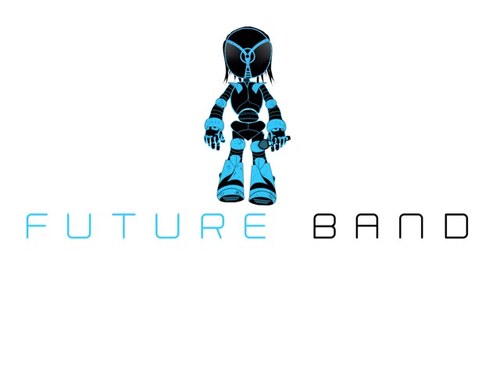

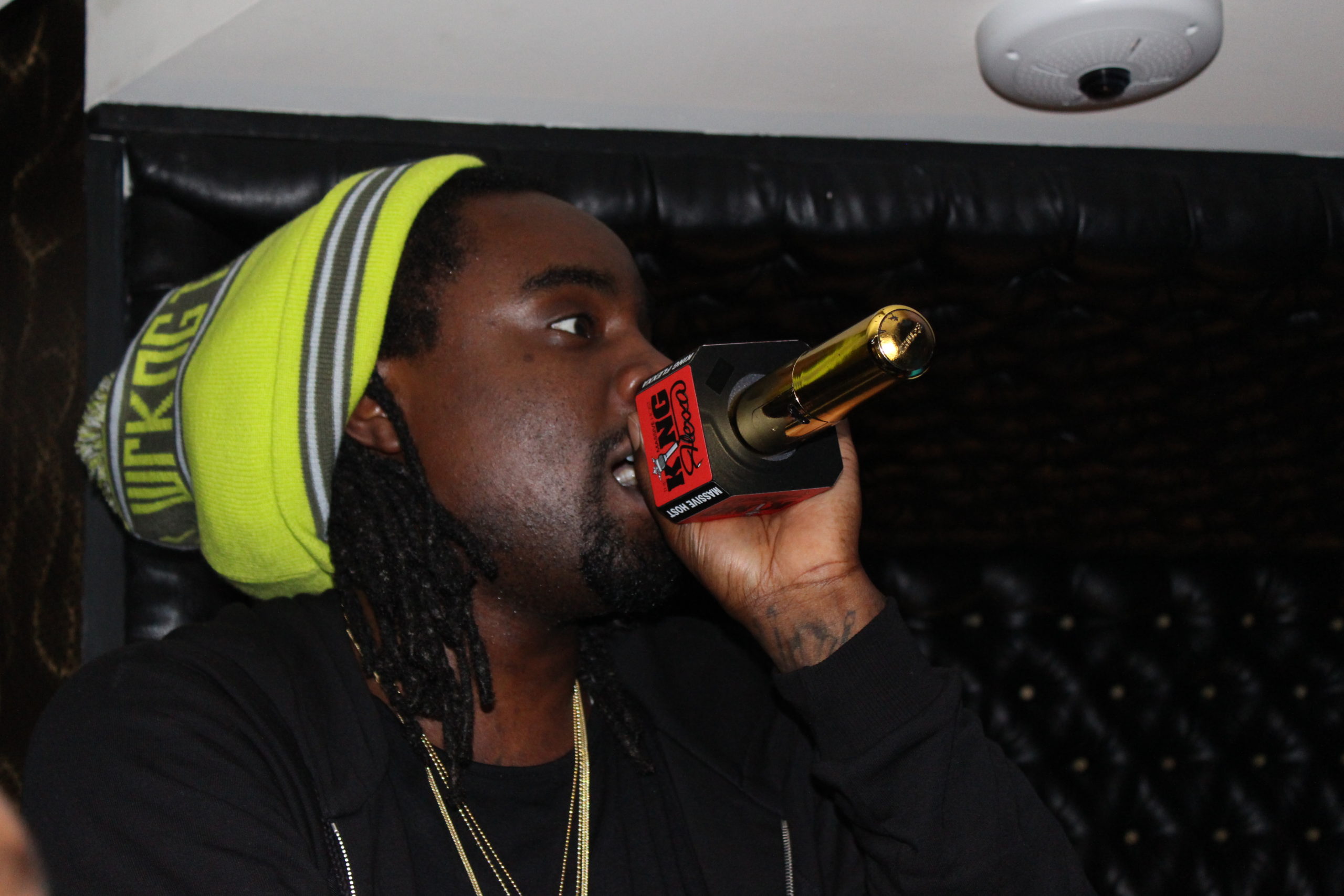

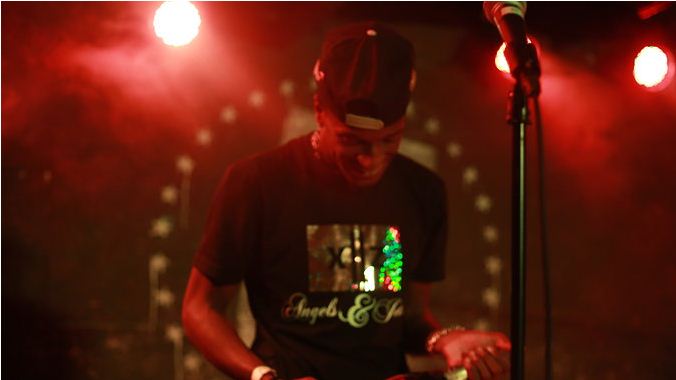
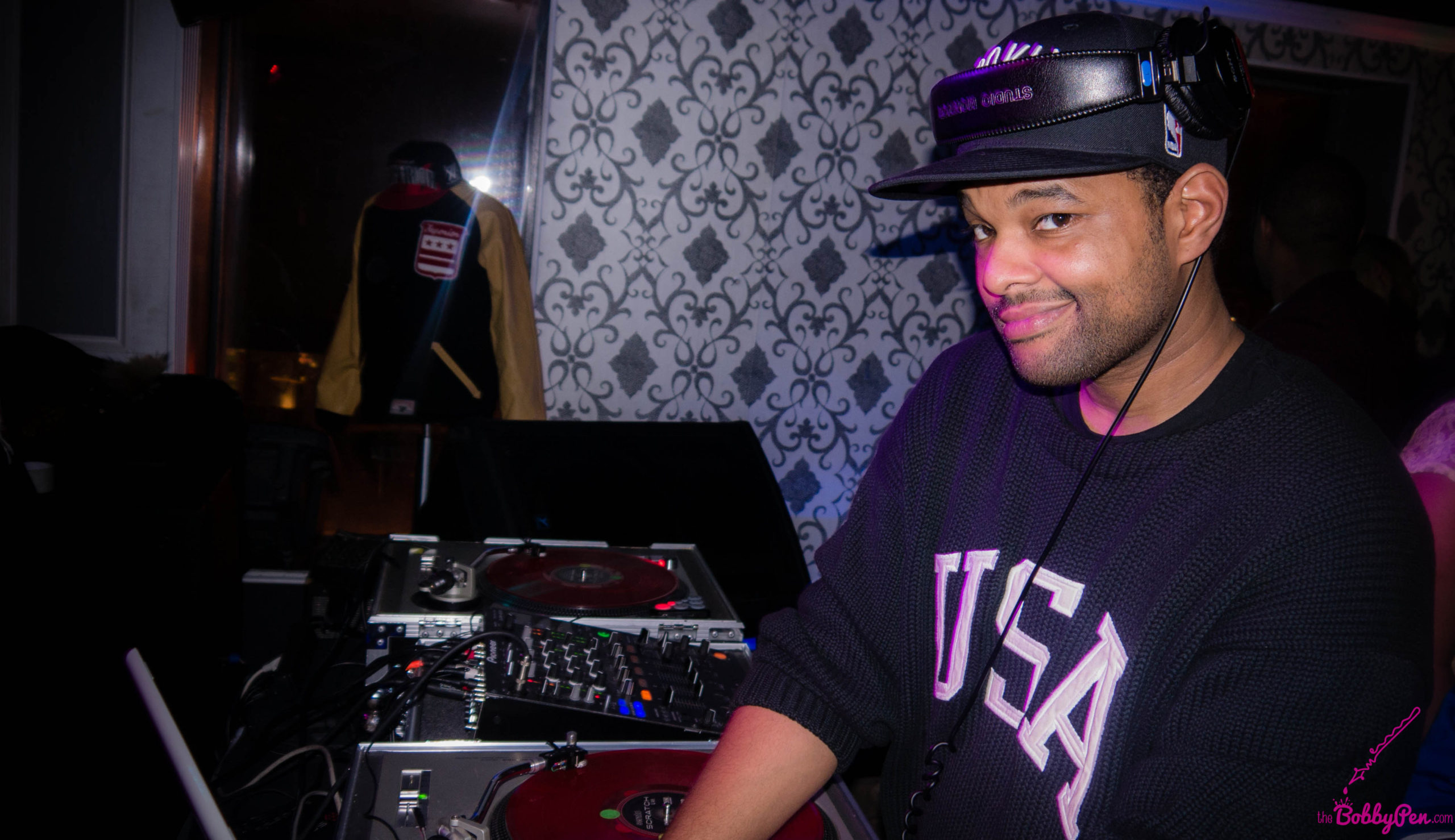
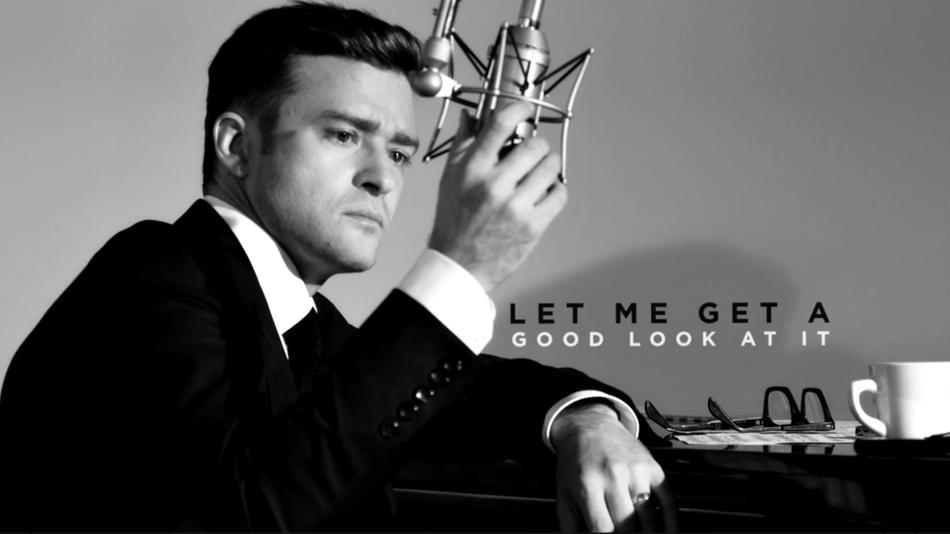
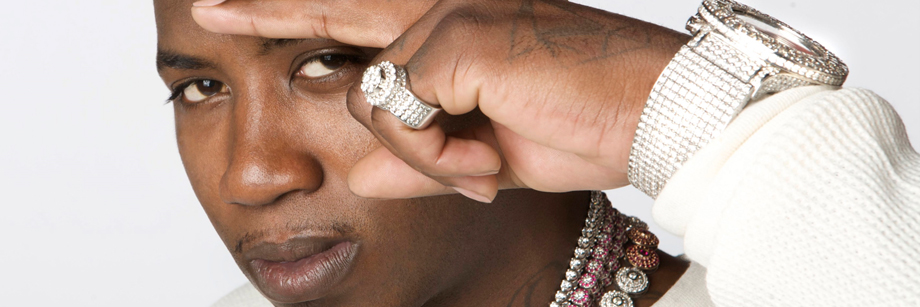
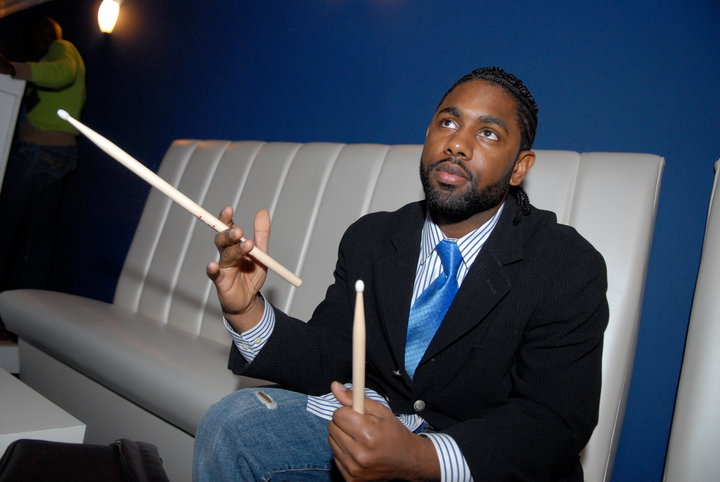

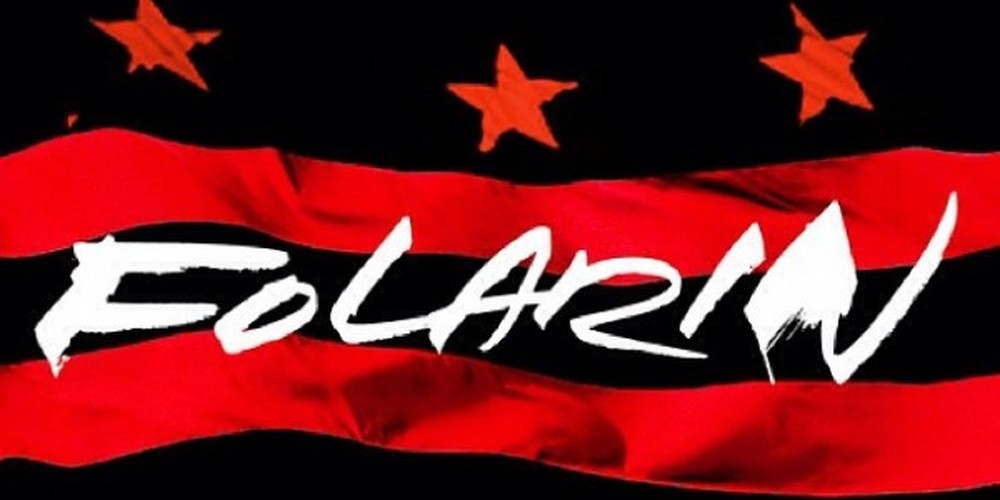

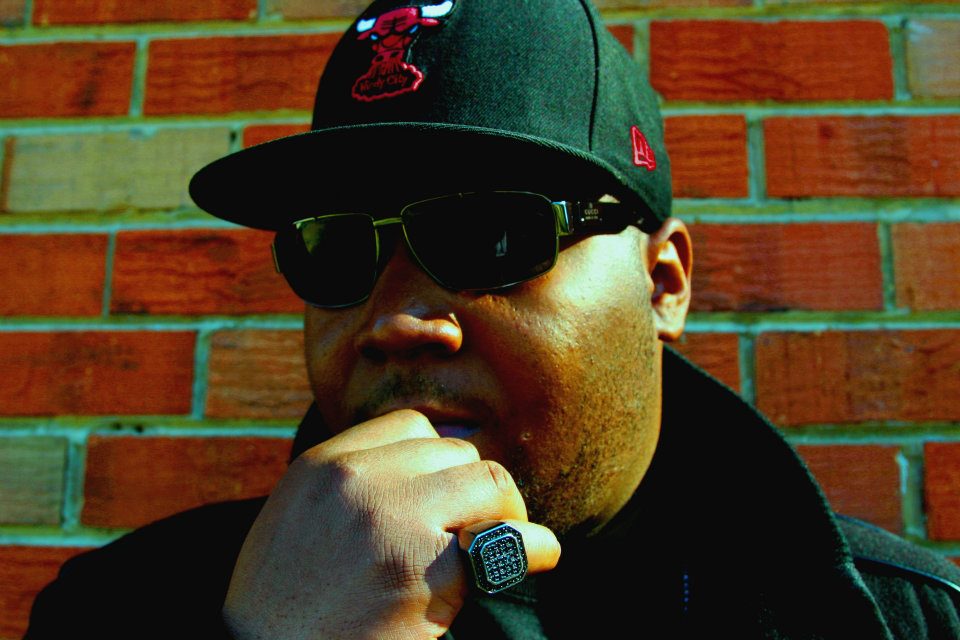
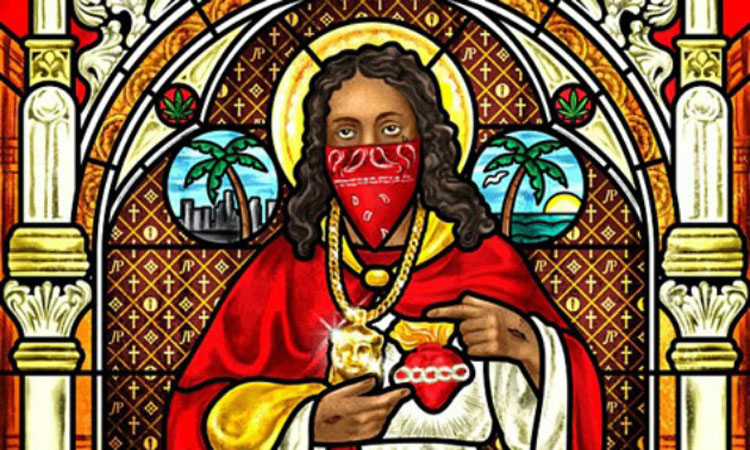
![Montana Gang x "Montana Lifestyle" [DOWNLOAD]](https://thebobbypen.com/wp-content/uploads/2012/12/image11.jpg)
